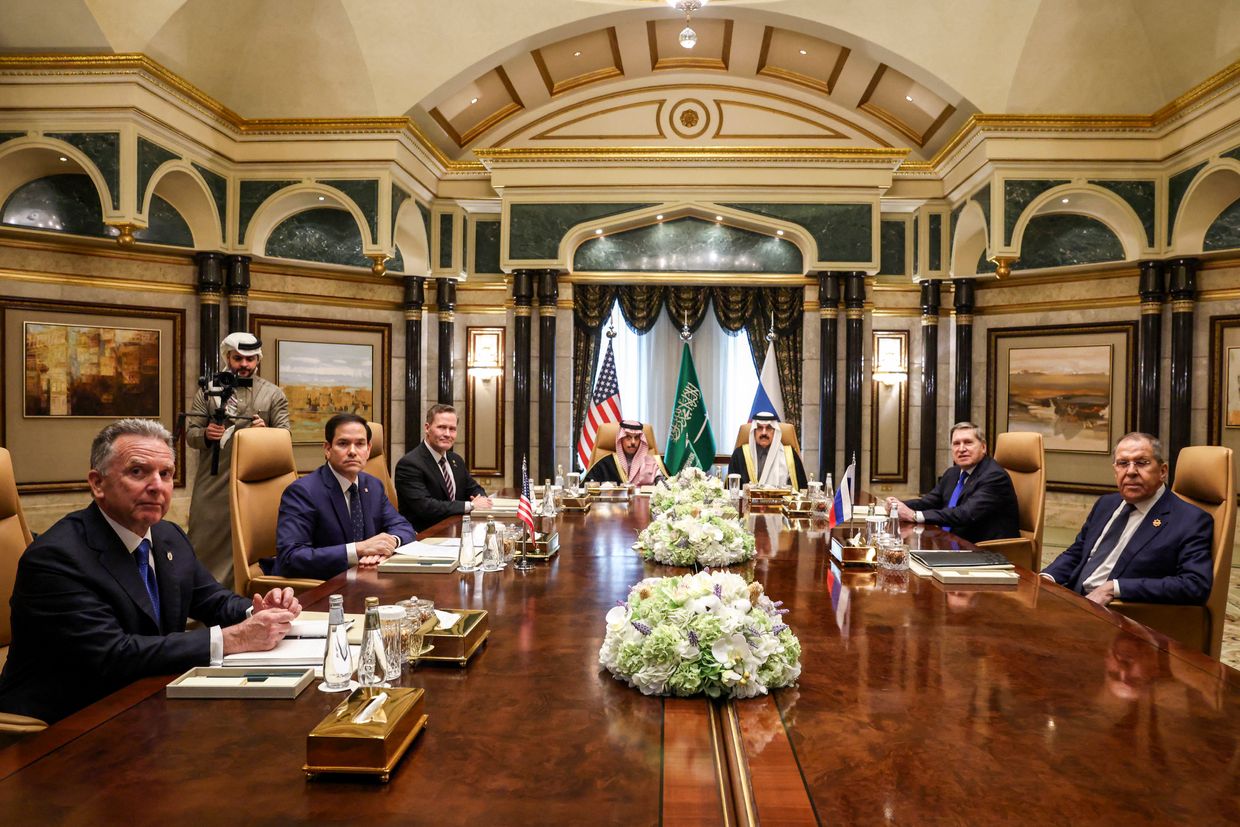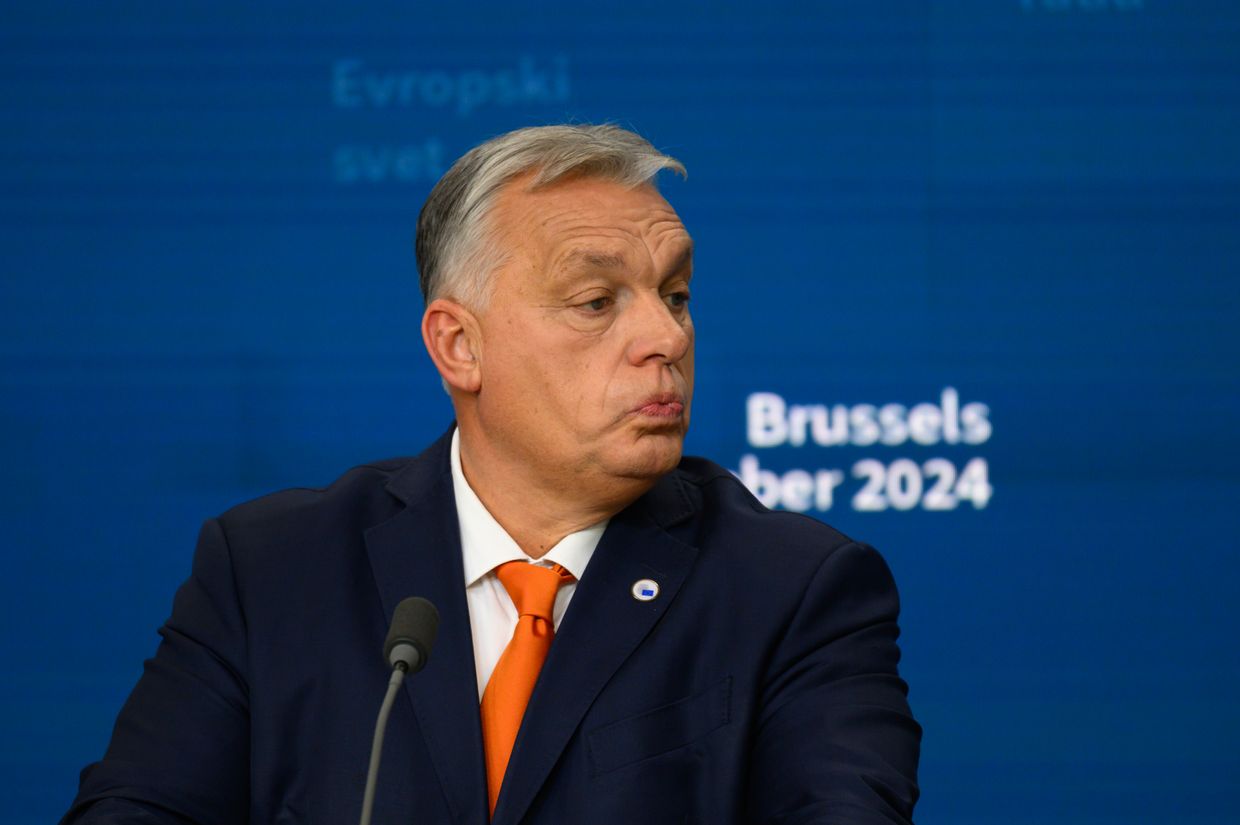Hungary negotiated exemptions for Moscow Patriarch Kirill and domestic use of Russian oil products during talks on the EU's 16th package of sanctions, a Hungarian government spokesperson said on Feb. 19.
The statement came after EU ambassadors agreed on the next package of sanctions imposed against Russia, targeting aluminum trade and Moscow's "shadow fleet" of oil tankers.
"These exemptions allow MOL to use refined Russian oil products domestically, remove maintenance equipment for the Druzhba pipeline from sanctions, and ensure Budapest’s metro system can continue receiving necessary servicing and repairs," spokesperson Zoltan Kovacs said on X.
"Hungary also blocked sanctions against 27 individuals and organizations, including Patriarch Kirill, arguing that targeting religious leaders undermines peace efforts," Kovacs said.
This marks yet another instance of Budapest blocking sanctions measures against the head of the Russian Orthodox Church. Patriarch Kirill (secular name Vladimir Gundyayev) has publicly supported Russia's war against Ukraine and is regarded as a close ally of the Kremlin.
Hungarian Prime Minister Viktor Orban, broadly seen as the most Russian-friendly leader in the EU, has repeatedly obstructed and delayed the bloc's sanctions against Russia and military aid for Ukraine.
"The era of sanctions is over. A new reality is emerging, with promising U.S.-Russia negotiations," Kovacs said in an apparent reference to a shift in U.S.-Russian relations under U.S. President Donald Trump.
Initially threatening Moscow with additional tariffs and sanctions unless Russian President Vladimir Putin agrees to negotiate, Trump has since then adopted more positive rhetoric toward Russia while blaming Ukraine for the war.
U.S. Secretary of State Marco Rubio, who met his Russian counterpart Sergey Lavrov for talks in Saudi Arabia on Feb. 18, signaled that the settlement of the war would include the lifting of sanctions.
EU Economy and Trade Commissioner Valdis Dombrovskis commented that Brussels must take greater control of its sanctions policy against Russia as U.S. priorities shift.














